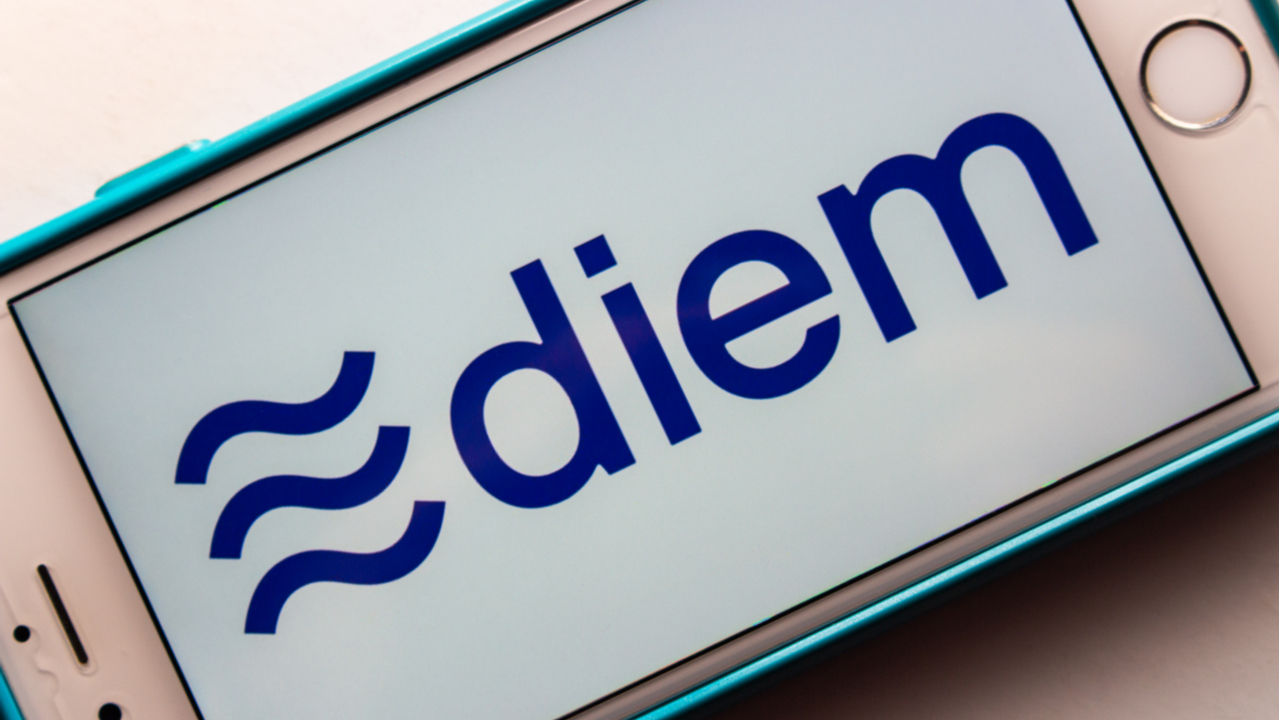
Portals co-founder Adam Gomez explained that a browser-based platform lowers the barrier to enter metaverse for many people.
Metaverse startup Portals has raised fresh funds to finance its browser-based metaverse that allows people to enter without virtual reality (VR) equipment.
Portals co-founder Adam Gomez told Cointelegraph that a browser-based platform lowers the barrier to enter metaverse for many people. Simply clicking a link would allow users to enter the metaverse or someone else's space. He added that users shouldn't have to get a VR headset or a gaming PC to enter or shape the metaverse.
Powered by Solana blockchain, Portals metaverse works on a web browser such as Google Chrome or Microsoft Edge. It allows people to build their own personalized virtual space in the metaverse.
Portals announced the completion of a $5 million seed funding round on Friday. Led by Greylock Partners, with participation from Multicoin Capital, Solana Ventures, Foundation Capital, Alameda Research, Sino Global Capital, The Chainsmokers' Mantis VC, Wave7, Cultur3 Capital, SkyVision Capital and MonkeVentures - as well as notable individual investors like Justin Kan and Robin Chan.
The metaverse has become a mainstream topic over the past couple of months as platforms like Facebook and Microsoft have entered the race to build a virtual world for VR. Portals now joins that list as it brings its browser-based alternative to those major players.
According to Gomez, the objective is to "make Portals downtown the metaverse's finest city," home to millions of residents and visitors. He says that visitors will be able to listen to records, attend concerts, shop and do other popular metaverse activities.
"It would be like if Apple and Nintendo partnered up to build an open, fun, 3D layer of the internet that people could interact with, and everyone — crypto-natives or not — could form communities, design storefronts and play user-built games in the city center arcade."
Related: Religious services move to metaverse amid COVID-19 concerns
The metaverse is quickly becoming one of the most popular ideas for 2022. According to recent data, the metaverse industry has more than $26 billion in market capitalization. New capacities are being added to virtual worlds to create more immersive experiences, while new capabilities are also being developed to improve existing ones.













